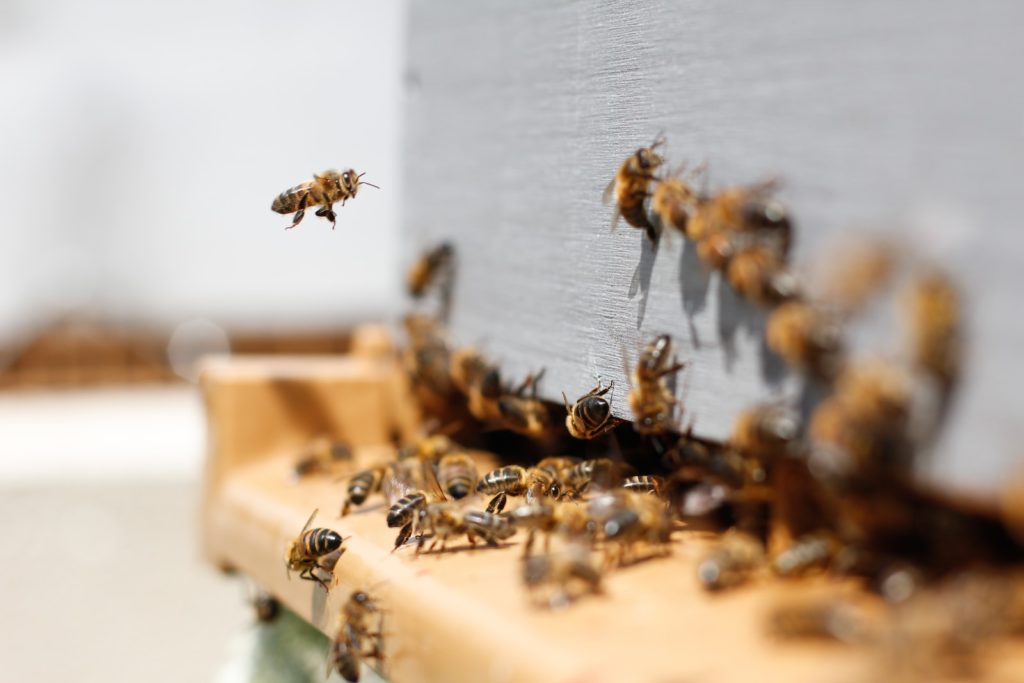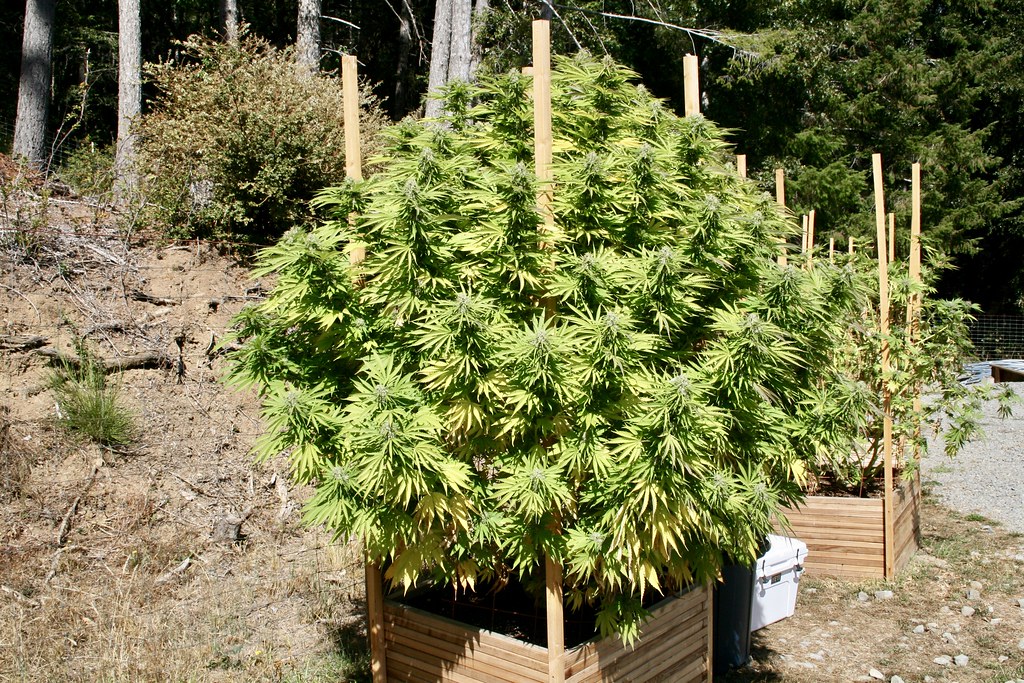As we explore the world of gardening and landscaping, it’s essential to strike a balance between maintaining a weed-free environment and ensuring the safety of our bee population. This comprehensive guide will walk you through the various options available when it comes to choosing a weed killer that is safe for bees.
What Weed Killer is Safe for Bees?
When it comes to bee-friendly weed killers, it’s not just about eliminating unwanted plants but also about preserving the delicate ecosystem that bees are a part of. Here, we will delve into the specifics of these bee-safe alternatives.

Understanding the Importance of Bee-Friendly Weed Killers
Before we dive into the options, let’s discuss why it’s crucial to opt for bee-safe weed killers. Bees are essential pollinators, and their survival is linked to ours. Discover how choosing the right weed killer can help protect these vital insects.
Natural Weed Killing Methods
- Mulching with Organic Materials: Learn how mulching with materials like straw, wood chips, or newspaper can help control weeds without harming bees.
- Vinegar-Based Weed Killer: Explore the effectiveness of vinegar as a natural weed killer and its impact on bees.
- Boiling Water: Discover the simplicity of using boiling water to kill weeds and its bee-friendly benefits.
- Homemade Weed Killer Recipes: Get creative with DIY weed killer recipes that won’t harm bees.
Bee-Safe Commercial Weed Killers
- Herbicides with Glyphosate Alternatives: Explore herbicides that don’t contain glyphosate, a chemical known for its harmful effects on bees.
- Bioherbicides: Learn about bioherbicides derived from natural organisms that target weeds without harming bees.
- Selective Weed Killers: Find out how selective weed killers target specific weeds while sparing desirable plants and bees.
Precautions for Bee-Friendly Weed Killing
- Timing Matters: Understand the importance of timing when applying weed killers to minimize bee exposure.
- Application Techniques: Learn about techniques to ensure that weed killers are applied precisely where needed.
- Bee-Friendly Landscaping: Discover landscaping strategies that can reduce the need for weed killers in the first place.
FAQs

Q: Are all weed killers harmful to bees?
A: Not necessarily. Some weed killers are designed to be bee-friendly, while others can be harmful. It depends on the active ingredients.
Q: Is it possible to have a weed-free garden without using any weed killer?
A: Yes, it is. We’ll explore alternative methods for weed control that don’t involve harmful chemicals.
Q: How can I attract bees to my garden while using weed killers?
A: We’ll provide tips on creating a bee-friendly garden even when using weed killers.
Q: Are there any regulations regarding bee-safe weed killers?
A: Yes, we’ll discuss some regulations and certifications to look for when choosing bee-safe products.
Q: Can I make my own bee-safe weed killer at home?
A: Absolutely! We’ll share some DIY recipes for bee-friendly weed killers.
Q: What are the potential consequences of using weed killers that are not safe for bees?
A: We’ll delve into the environmental impact of using bee-harming weed killers.
Conclusion
In conclusion, finding a weed killer that is safe for bees is not only possible but also essential in protecting these vital pollinators. By choosing the right weed control methods, you can have a thriving garden while ensuring the well-being of bees.
Remember, our actions today can make a significant difference in preserving these essential insects for generations to come.
